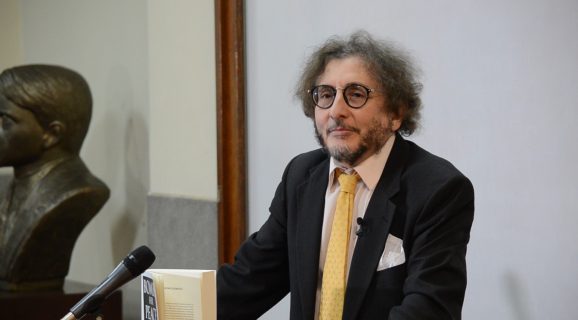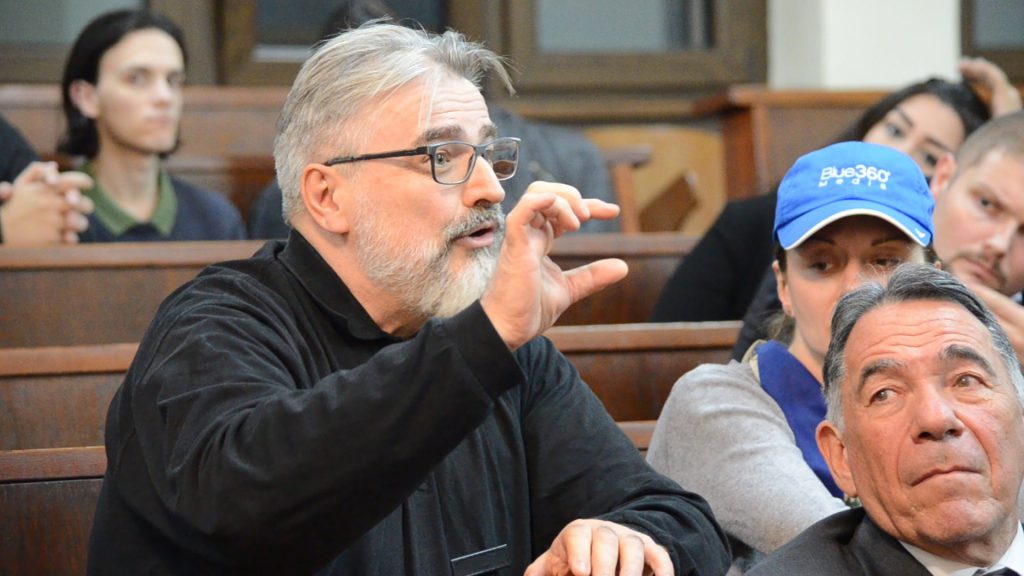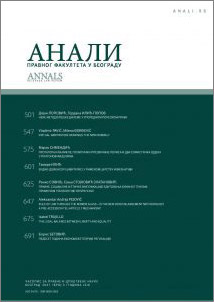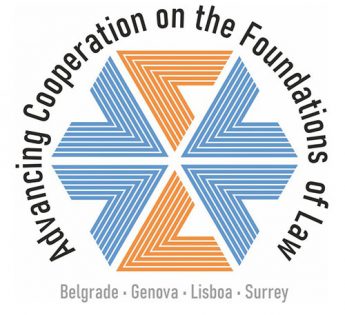
Forvm Romanvm: Dr George Szamuely gives a lecture entitled “NATO, ICTY and Serbia”
The last lecture of 2019 at the Forvm Romanvm club was given on the 20th of December by Dr George Szamuely, collaborator of the Global Policy Institute from London, political analyst and columnist – best known and appreciated in our country as the author of “Bombs for Peace: NATO’s Humanitarian War on Yugoslavia”. At the very beginning of his lecture, Dr Szamuely emphasised that the war in Yugoslavia – the war waged by the West against it – started in 1991, and that it goes on still, in his opinion. The lecture delved into the intervention of Western forces in the Yugoslavian conflict (primarily through the Badinter Arbitration Committee), characterised by our guest as grabbing the ideal opportunity to tear down a strong Balkan country that was often perceived as an inconvenient obstacle to their geopolitical plans. Dr Szamuely then focused on the work of the International Criminal Tribunal for the Former Yugoslavia (“The Hague Tribunal”), underlining just how conflicted its functioning was both with the rules, and the standing UN practices, demonstrating through numerous examples that the court and the prosecution made a joint effort to represent, at any cost, the Serbian side as the villains and the source of the conflict. He pointed out the lack of principles and consistency in applying legal postulates and norms as a joining thread, running through all the phases of the intervention in (former) Yugoslavia – what was stressed as a general rule in one case, was overlooked whenever it suited the Western forces. (For example, border integrity was quoted as an insurmountable impediment to joining parts of Croatian or Bosnian territories inhabited by Serbs to Serbian territory; however, it was completely ignored when Kosovo unilaterally proclaimed independence). The lecture provoked a long and vivacious discussion, in which Prof. Dr Branko Rakić, former legal advisor to Slobodan Milošević, figured prominently. Prof. Dr Rakić shared some less known facts about the work of the Tribunal with the audience, but also about the historical dimension of the European, and particularly Balkan policies of Western forces.





